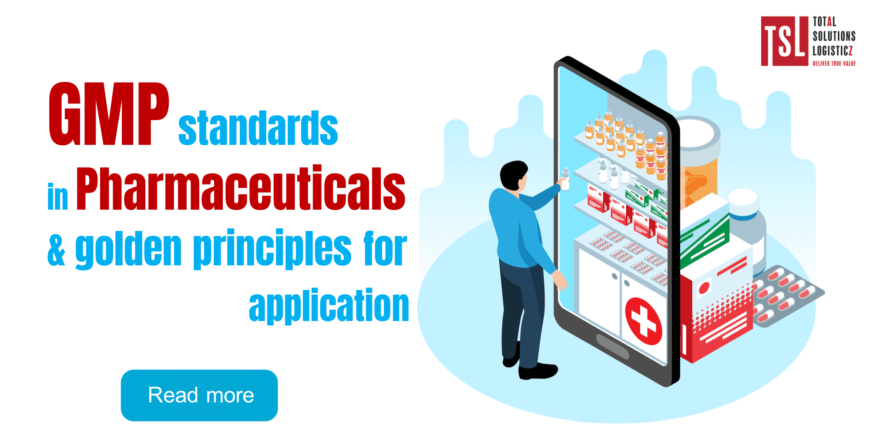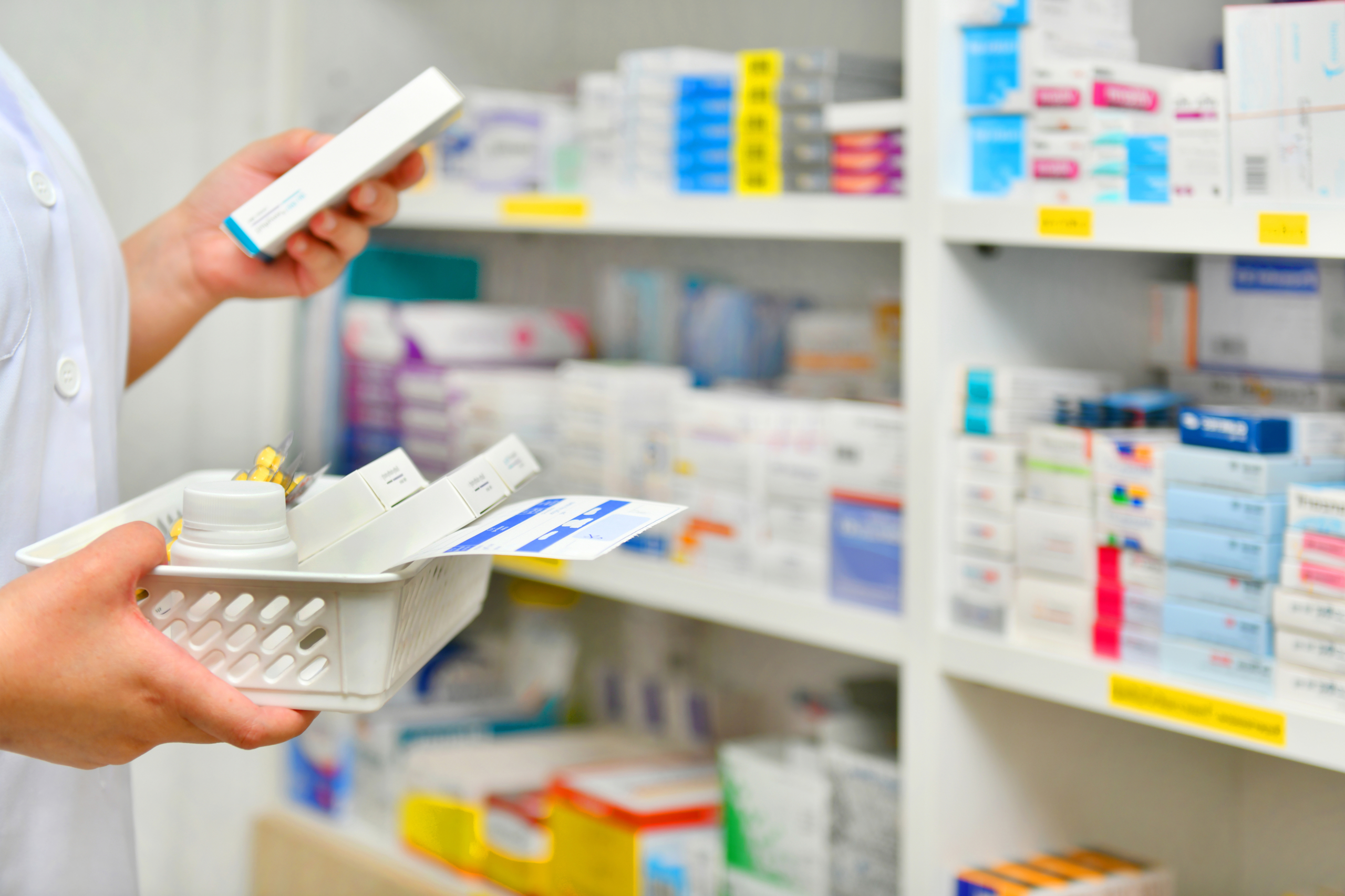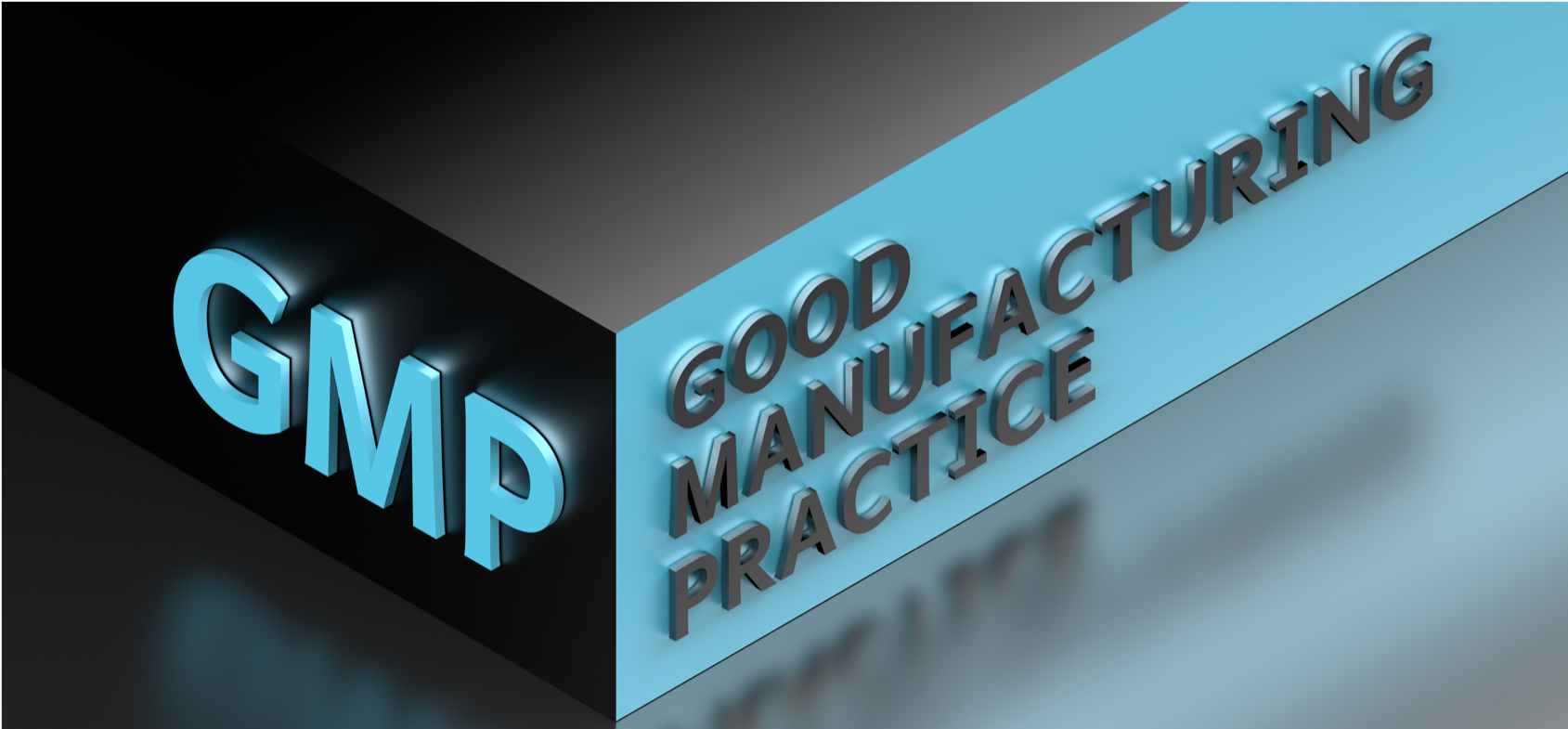GMP standards in pharmaceuticals and golden principles for application
For drug manufacturers, the first good weakness is to comply with the principles and requirements of GMP. With the strict requirements of the current drug market, pharmaceutical enterprises need to apply GMP standards to be able to ensure technical and management conditions to create quality and safe drug products to consumers. This article will explain the GMP concepts, GMP standards in pharmaceuticals and 10 basic principles for every pharmaceutical business to apply GMP…
What is GMP?
GMP stands for “Good Manufacturing Practices” and is accurate and complete in the Vietnamese sense of “Thực hành tốt sản xuất “. GMP is applied in the production activities of many different fields. Particularly for the pharmaceutical industry, according to the document of the Drug Administration, the term used is: “Good practice of drug production”.
According to the document, “A WHO guide to Good Manufacturing Practices” by the World Health Organization (WHO), GMP is defined as follows: “That part of quality assurance which ensures that products are consistently produced and controlled to the quality standards appropriate to their intended use and as required by the marketing authorization”
In summary, GMP refers to every aspect of the production process and quality control, which is a good production practice guide, which is applied to food production, processing, and pharmaceutical facilities, etc. to control the factors affecting the process of product quality formation from the design and installation of factories, processing tools, and equipment; conditions for service and preparation of processing to the processing process; packaging, storage and human control of activities throughout the processing and processing process.
What is the GMP standard?
GMP standards are a system of production practice standards with the aim of controlling factors that can affect the quality formation process of the product, in order to ensure the product reaches the consumer of the best quality.
It can be said, “what is GMP standard” is a basic standard, a necessary condition for the development of a food safety management system according to ISO 22000. There are a number of certifications in the world today. Prestigious and reliable GMP, including: EU GMP standard, WHO GMP standard, cGMP standard,…
GMP standards in pharmaceutical manufacturing?
Personnel requirements: For personnel, the requirement is to have standards of working positions to recruit appropriate qualifications and competencies. Not only that, it is necessary to develop regulations on health checks (physical, mental, and disease) of all the most important people who are direct production workers.
Requirements for design, construction, installation of houses, workshops, and processing equipment: For the pharmaceutical industry this is extremely important. Enterprises must have regulations on the location of factories, designs, types of materials to build factories, and equipment suitable to create quality products.
Requirements for plant and environmental hygiene control: These enterprises need to develop regulations on water treatment used for production, wastewater treatment, treatment of by-products and waste, environmental sanitation, and factories… This is the premise for the production of hygiene products.
Requirements for processing control: Enterprises need to develop regulations on processing methods, procedures, specific work instructions, and standards on raw materials, products, and preparation formulas. In addition, it is necessary to take measures to inspect and supervise the production process.
Requirements for control of the process of preservation and distribution of products: Guaranteed production is not enough. Enterprises need to make requirements for transportation and preservation so that the finished product must ensure that it is not contaminated by physical, chemical, microbiological agents, does not change the quality …
Basic principles in pharmaceutical GMP and how to apply
Rule 1: Design the standard factory from the beginning
All manufacturers of food, pharmaceuticals, and medical devices operate in accordance with GMP principles. This is much easier with the “Good Practice of Drug Manufacturing – GMP” fit if the design and construction of facilities and equipment are right in the first place. It is important to demonstrate GMP principles and use GMP to regulate all decisions.
Tip: “Sometimes you need to step back and review the entire production area.”
Rule 2: Due diligence process
The design and construction of factories and equipment is important, but how do you ensure that it operates in a controlled manner? That’s the content of the appraisal.
To prove that the device and process work in a stable way, you need to perform some work as there must be a trial method and relevant documentation. Agreeing on how to do this is a fundamental step in maintaining the efficiency and safety of all products and enhancing the company’s reputation for quality and reliability.
Rule 3: Write down the processes and follow the written process
Think about what will happen in the workplace if the process is not available. People rely on longtime employees to tell them how to work and then do memory-based work. This is good for a gardening company, but not good, when the products you are making can be fatal!
In the food, pharmaceutical and medical device industry: it is important when good processes are located in the workplace ensuring proper control and efficiency; That’s the necessary part of GMP.
The process needs to be clear, concise, and logical. Consider hiring a professional technical writer to do this work. Unlike official employees, they know how to write well and will perform the ability to check to ensure that the material is used. There should also be an independent department to review these processes in order to improve the process.
Rule 4: Determine who does what?
All employees need to be clear about what they do on a daily basis. Avoid misunderstandings or limit risks to product quality. You can create a job description according to the following rules: Jobname, Main theme/job, Authority, and responsibilities, Skills Requirements
There must be no gaps or overlaps in responsibility. Create an organizational chart and display it on an internal network or notify parts of the factory. This way everyone in the organization can see who and what to do.
Rule 5: Take good record records
Good record keeping allows you to track all the activities carried out during mass production from the receipt of raw materials, the shipment of the final product, they provide a history of each batch and its distribution.
It is an essential part of GMP for keeping accurate records, and during testing (GMP), helps convey the following mentioned procedures. It also demonstrates that the process is known and controlled.
Advice: “If it hadn’t been written, it wouldn’t have happened.”
Rule 6: Training and employee development
To meet the requirements of GMP is necessary, it is necessary to get the right person to do the right job. Do your employees have the skills and knowledge to get their work done? What tools are you equipped with? If so, then you can be proud that you’re doing the right thing to make GMP a culture.
Advice: “Companies need people who know the right thing from the first time at all times.”
Rule 7: Good hygiene practices
It is important to minimize the risk of contaminated products to a minimum is to putting in place an environmental hygiene program. Develop a program to meet the cleanliness requirements required for the product. For example, you have but the clean standard varies between sterile products used in the oral tract as opposed to manufactured to inject into your bloodstream.
Rule 8: Maintenance of premises and equipment
It is important to have a maintenance plan for facilities and equipment. Regular equipment maintenance prevents equipment failures, which can be costly. It also reduces the risk of product contamination and maintains the “validated states” of the facility or equipment. Sometimes an unexpected breakdown can affect plants and equipment, and in such circumstances, immediate repairs are required.
You should have written procedures for all routine and emergency maintenance. This should be detailed and specific to each person, tasks involved and identify any lubricants, coolants, cleaning agents… as required. It is also a requirement that GMP have a maintenance schedule in place with a frequency determined by the critical point of the equipment.
Advice: “When writing maintenance procedures consider whether the work can be done outside of the production area so it doesn’t affect the rest of the facility. If this cannot be achieved, it is necessary to remember in detail the cleaning requirements to get the factory back to GMP standards.”
Rule 9: Quality design is based on the entire product lifecycle
In the food, pharmaceutical, and medical device industries, you know that the health and safety of your customers depend on product quality. The quality control department can only check the quality so it is important that you build quality into the product lifecycle.
Rule 10: Regular inspections
The inspection must be carried out to assess whether you are following the “Good Manufacturing Practices” rules. External agencies such as the Food and Drug Administration (FDA) or (TGA) will conduct the checks.
You also need to conduct a self-inspection to ensure GMP compliance. You can refer to the self-inspection category in section 6/6 of this document. It is possible to conduct self-examination several times a year and each time can focus on different areas of the production area or different parts.
Advice: “You will need a Preventive Corrective Action system to manage and repair anything found during the inspection.”
In conclusion, drug manufacturing enterprises must comply with the principles and requirements of GMP as the first prerequisite that is necessary and must-do. Understanding and properly applying GMP standards helps pharmaceutical enterprises not only ensure technical and management conditions but also serve the ultimate purpose of creating medicinal products that meet quality and safety standards for consumers.











